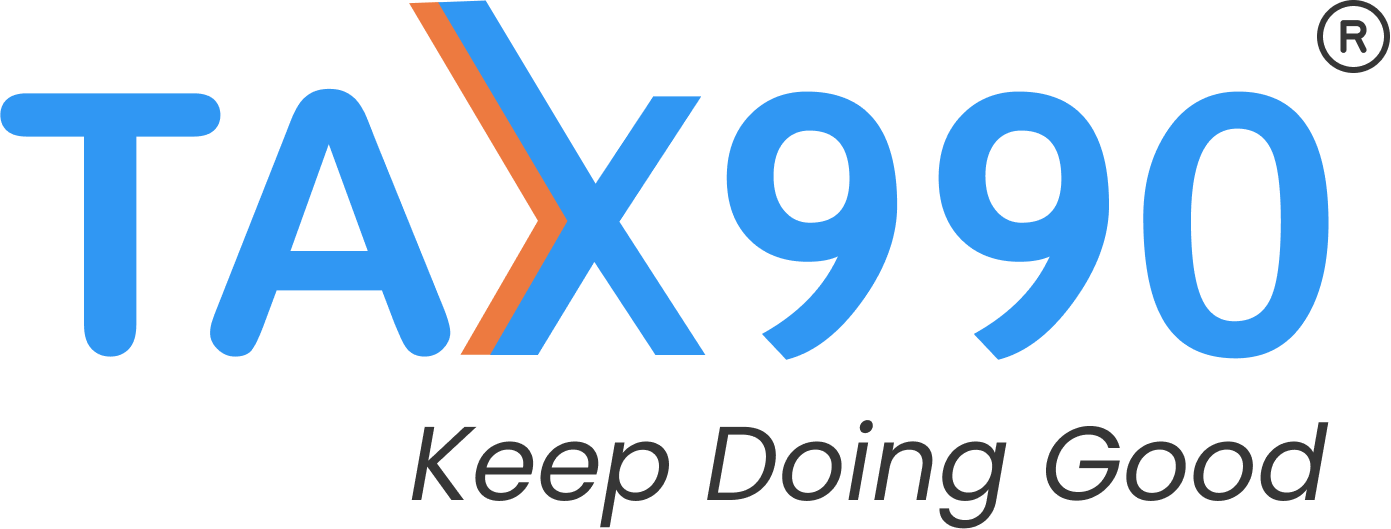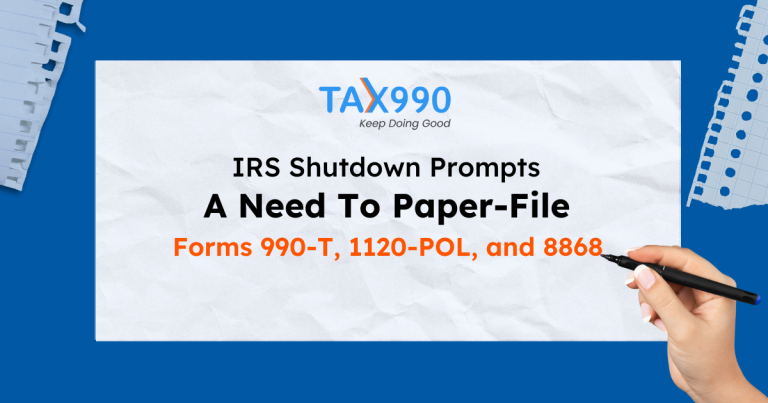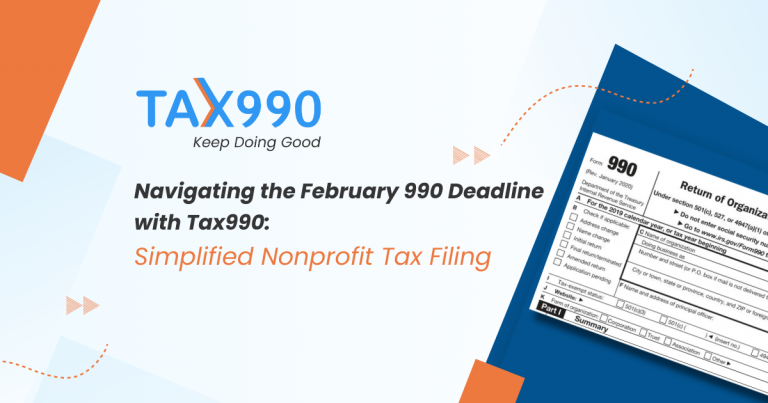Estimated reading time: 12 minute(s)
If you work with a tax-exempt organization, you are likely familiar with filing 990 Returns to report the annual activities and finances. However, as January 31st creeps closer and closer, there may be some additional filing requirements that your organization is required to meet.
January 31, 2024, marks a significant IRS/SSA filing deadline for businesses. Forms W-2 and 1099 must be filed and distributed to the IRS/SSA and distributed to employees and vendors that these businesses hired or interacted with financially. Depending on the financial activities of your organization, these deadlines may apply to you!
In this blog post, we will break down the basics of Forms W-2 and the 1099 Forms, and we’ll provide insight into why your organization may need to file and distribute them.
What is Form W-2?
Let’s start with the basics, if you’ve been employed before, you have likely received a W-2 Form from your employer. This information return is a wage statement. You use this form to report wages and any federal income tax withheld from your employees’ salaries. It provides a summary of their earnings and tax withholdings for the year.
This form is crucial for them because they must have this information to complete their own personal tax return in April. The deadline to file this form and furnish a copy for each of your employees is January 31, 2024.
Indicators that an Organization Must File W-2 Forms
Your organization may need to file W-2s if you indicated payments for salaries or other compensation in the revenue and expense section of your return. This requirement extends to compensation provided to Officers, Directors, Trustees, and Key Employees.
If you’ve listed compensation amounts for these roles, filing W-2s becomes a necessary part of your financial reporting obligations. It’s a straightforward process, but a crucial one to ensure compliance with tax regulations.
For more information on the W-2 filing process and requirements, check out the IRS instructions here.
What is the 1099 Series of Forms?
The 1099 Series has a wide variety of forms, you may be most familiar with Form 1099-NEC form, commonly used for reporting nonemployee compensation when you hire freelance workers or contract services from other businesses, paying them over $600 throughout the year.
Beyond the well-known 1099-NEC, the 1099 Series comprises various forms that cater to diverse business transactions. Whether your business is making or receiving payments for different reasons, several other common 1099 forms play a role. Let’s delve into these forms and understand the payments that may require their issuance or reception:
This form, previously used for reporting nonemployee compensation before the introduction of the 1099-NEC in 2020, now focuses on reporting specific miscellaneous payments totaling $600 or more annually.
Additionally, Form 1099-MISC is used to report:
- Rents
- Prizes and awards
- Other income payments
- Medical and health care payments
- Payments to an attorney
- Crop insurance proceeds
- Cash paid from a notional principal contract
- Fishing boat proceeds
- Section 409A deferrals
- Nonqualified deferred compensation
- Additionally, the form is utilized to report:
- Direct sales of at least $5,000 in consumer products to a buyer for resale, particularly when these sales occur outside a permanent retail establishment.
- A minimum of $10 in royalties or broker payments, excluding dividends or tax-exempt interest.
Indicators that an Organization Must File 1099 Forms
Your organization may need to navigate 1099 filings, especially when dealing with compensation to independent contractors. If you’ve recorded compensation amounts for independent contractors, you’ll likely need to file the 1099 series.
This requirement applies even if you’ve paid compensation to any individual during the tax period, regardless of whether salaries or independent contractors were reported on your 990 series return. Notably, if you provided compensation exceeding $600 to any individual during the tax period, filing 1099s becomes necessary, highlighting the broad reporting obligations for businesses.
There you have it – an easy overview of the year-end filing deadlines that may affect your organization even though it is not a for-profit business.
Now, all you need is a solution for filing any of these forms that apply to your organization. No need to worry, our sister product, TaxBandits has an easy solution for e-filing and distributing copies of all of these forms. If you enjoy the simplicity and live customer support from Tax990, then TaxBandits is the perfect choice for you. Check out the video below to learn more about them!



